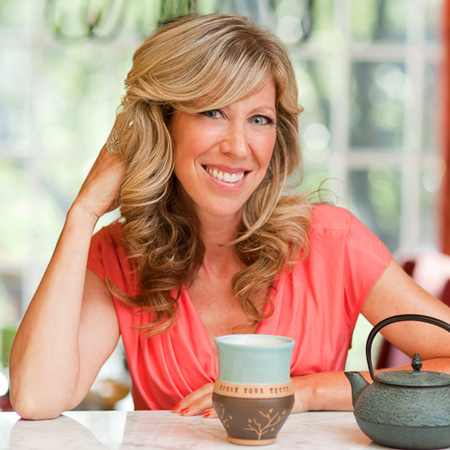Wildlife doesn’t exist only in the wild, and Colleen Patrick-Goudreau has some tips for how we can be better neighbors.
The animals who live among us are part of our communities; they are residents, cohabitants, contributors — not outsiders or intruders. What’s more, our assault on them can be viewed as harbingers of our larger environmental destiny. If we can’t attend to the animals in our own backyards, the long-term chances for biological diversity in the rest of this world are grim.
Every animal whose space we share in our urban and suburban neighborhoods — from the diurnal deer, squirrels, bees, and birds to the nocturnal foxes, skunks, rats, raccoons, mountain lions, and opossums — face challenges that threaten their very survival every day: noisy leaf-blowers and unleashed dogs, speeding cars and light pollution, chemical runoff, rampant habitat loss, and a human species so hostile to their existence we install non-native landscapes they can’t eat, delicious plants they love but are hindered from or punished for eating, and fences that inhibit their ability to travel freely to find food, water, or shelter.
Biological diversity in our urban and suburban areas is declining at alarming rates, and since the underlying cause is easy to identify -- human behavior -- the underlying solutions are equally apparent: human behavior.
A few changes can make all the difference. We can:
